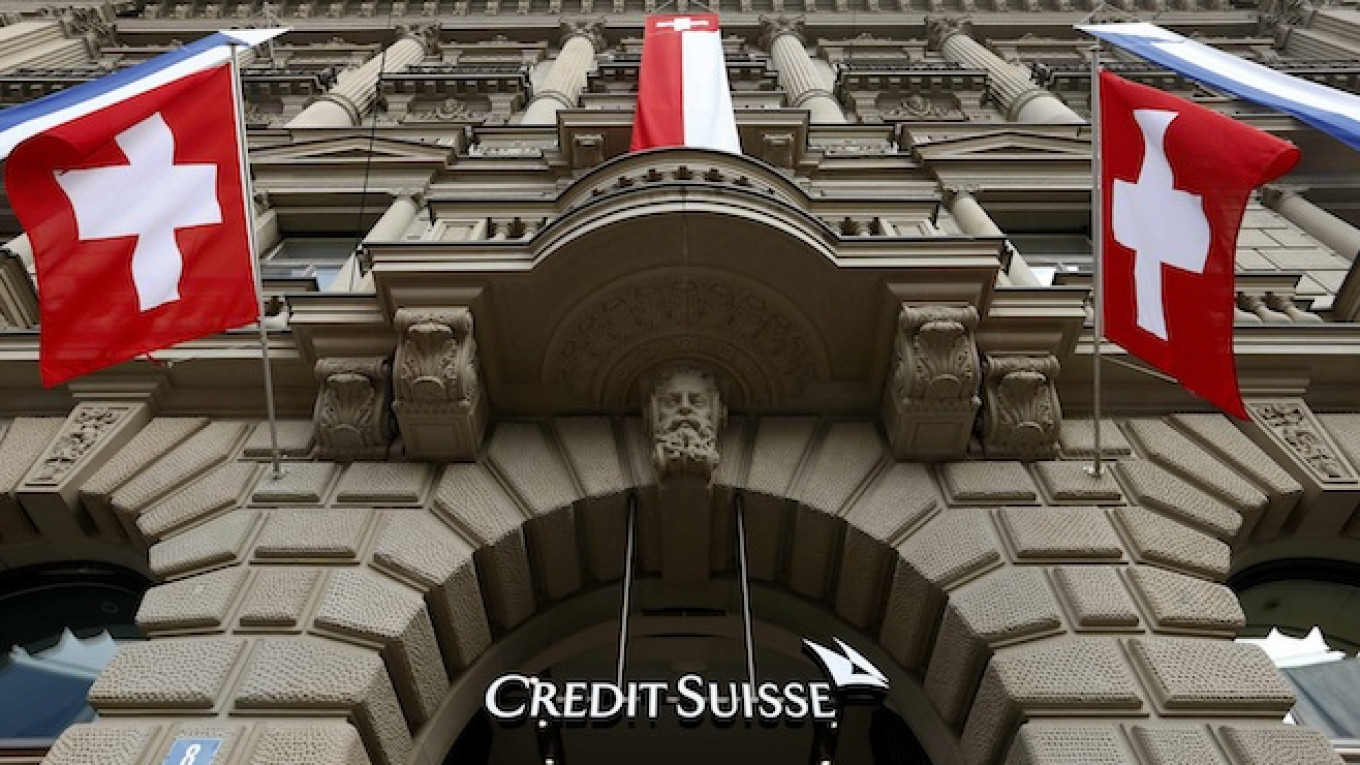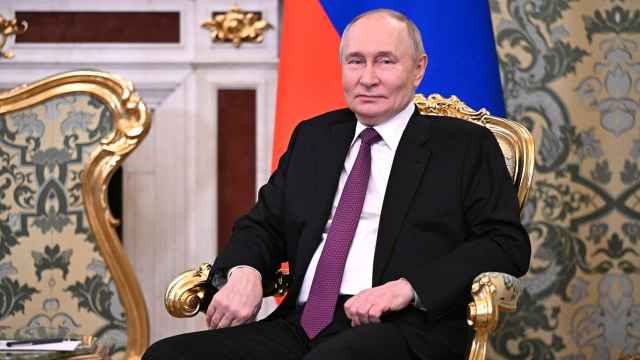BERLIN — Germany and the European Union are trying to convince several non-EU countries to join the bloc and the United States in imposing sanctions against Russia for its support of separatist rebels in eastern Ukraine, Germany's Foreign Ministry said.
Germany is in talks with countries such as Switzerland and Turkey about imposing sanctions against Russia after the EU and the United States on Tuesday announced further measures targeting Russia's energy, banking and defense sectors, a Foreign Ministry spokeswoman said Wednesday.
Germany, which had been among the more cautious about imposing sanctions against Russia, is now taking a leading role in pressing more countries to take action while the United States is lobbying Asian governments to join.
In Singapore, a senior U.S. State Department official said he had already been to Beijing and Seoul this week to speak with senior government officials and business leaders, and would be in Tokyo on Friday.
Switzerland, a popular destination for many rich Russians and an important hub for their banking and trading activities, has so far not imposed sanctions against Russia over Ukraine, although it has vowed not to serve as a route to bypass EU sanctions.
Some of the measures imposed by the 28-nation EU will in practice also apply in Switzerland, however, because it is a member of the bloc's passport-free Schengen zone, the Swiss government has said.
Around 75 percent of Russian crude oil exports are traded through Geneva, according to the Swiss government, and Russian assets in Swiss banks stood at nearly 13.8 billion francs ($15.2 billion) in 2012, according to the Swiss National Bank.
See also:
A Message from The Moscow Times:
Dear readers,
We are facing unprecedented challenges. Russia's Prosecutor General's Office has designated The Moscow Times as an "undesirable" organization, criminalizing our work and putting our staff at risk of prosecution. This follows our earlier unjust labeling as a "foreign agent."
These actions are direct attempts to silence independent journalism in Russia. The authorities claim our work "discredits the decisions of the Russian leadership." We see things differently: we strive to provide accurate, unbiased reporting on Russia.
We, the journalists of The Moscow Times, refuse to be silenced. But to continue our work, we need your help.
Your support, no matter how small, makes a world of difference. If you can, please support us monthly starting from just $2. It's quick to set up, and every contribution makes a significant impact.
By supporting The Moscow Times, you're defending open, independent journalism in the face of repression. Thank you for standing with us.
Remind me later.






